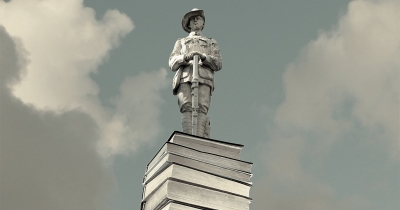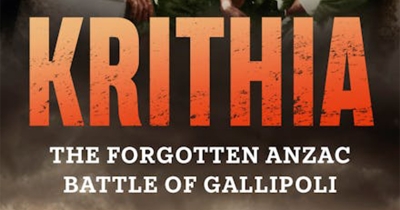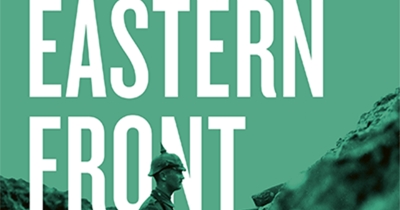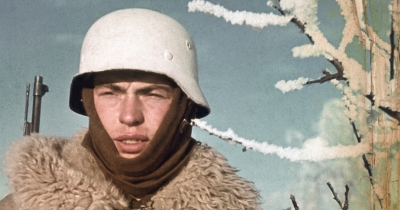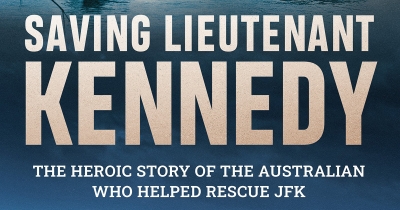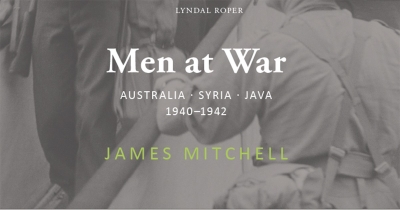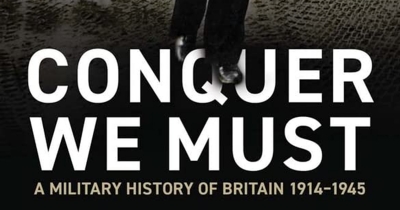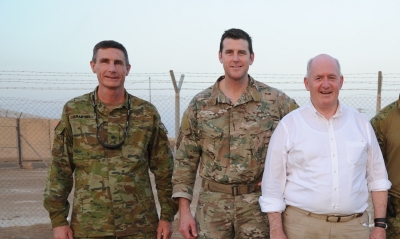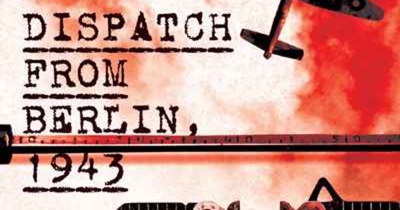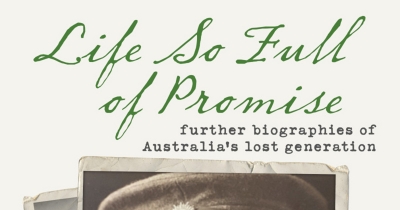Military History
Beyond the Broken Years: Australian military history in 1000 books by Peter Stanley
by Robin Gerster •
Krithia: The forgotten Anzac battle of Gallipoli by Mat McLachlan
by Robin Prior •
The Eastern Front: A history of the first world war by Nick Lloyd
by Michael McKernan •
November 1942: An intimate history of the turning point of the Second World War by Peter Englund, translated from the Swedish by Peter Graves
by Joan Beaumont •
Saving Lieutenant Kennedy: The heroic story of the Australian who helped rescue JFK by Brett Mason
by Nick Hordern •
Men at War: Australia, Syria, Java 1940–1942 by James Mitchell
by Michael McKernan •
Conquer We Must: A military history of Britain 1914–1945 by Robin Prior
by Joan Beaumont •
Justice Anthony Besanko’s dismissal of Ben Roberts-Smith’s defamation proceedings against a trio of mastheads – The Age, The Canberra Times, and The Sydney Morning Herald, at the time all owned by Fairfax – was a comprehensive victory for those newspapers. It was a vindication of their serious investigative journalism on matters of high public interest. And it was a devastating blow to the reputation of Roberts-Smith.
... (read more)Dispatch from Berlin, 1943: The story of five journalists who risked everything by Anthony Cooper, with Thorsten Perl
by Joan Beaumont •

